Full Automatic Constant Pressure Variable Frequency Water Supply Equipment is a new generation of hi...
See DetailsStainless Steel Self-Priming Chemical Pumps: Elevating Industrial Fluid Handling Standards
Industry News-In the evolving landscape of industrial fluid handling, the demand for reliable, corrosion-resistant, and efficient pumping solutions has become paramount. The Stainless Steel Self-Priming Chemical Pump is emerging as a pivotal technology, offering performance across a wide range of chemical processing applications. Combining the durability of stainless steel construction with the convenience of self-priming capabilities, these pumps are redefining standards in chemical transfer, waste treatment, and manufacturing sectors.
What Sets Stainless Steel Self-Priming Chemical Pumps Apart?
Self-priming pumps are designed to handle fluids containing entrained air or gases by automatically clearing air from the suction line and pump casing, allowing seamless operation without the need for manual priming. When built with stainless steel, these pumps bring enhanced corrosion resistance, mechanical strength, and hygienic benefits that are crucial in chemical environments.
Key characteristics include:
Corrosion Resistance: Stainless steel materials (commonly 304 or 316 grades) provide outstanding resistance against acidic, alkaline, and solvent-based chemicals, extending pump life.
Self-Priming Functionality: The pump can evacuate air and initiate fluid flow autonomously, making it suitable for applications where fluid levels fluctuate or suction conditions are challenging.
Robust Construction: Heavy-duty design withstands mechanical stress and abrasive fluids, ensuring operational stability.
Versatile Application: Suitable for a broad spectrum of chemicals, including aggressive acids, solvents, and industrial wastewater.
Easy Maintenance: Stainless steel’s smooth surfaces reduce buildup, while modular components facilitate quick servicing.
Industrial Applications Driving Demand
Stainless steel self-priming chemical pumps have become integral to many industrial processes due to their ability to handle challenging fluids reliably:
Chemical Processing Plants: For transferring corrosive liquids, solvents, and reagents with risk of contamination or leakage.
Pharmaceutical Manufacturing: Maintaining hygienic conditions while pumping active ingredients, solvents, and cleaning agents.
Food and Beverage Industry: Handling food-grade chemicals, cleaning solutions, and additives under sanitary conditions.
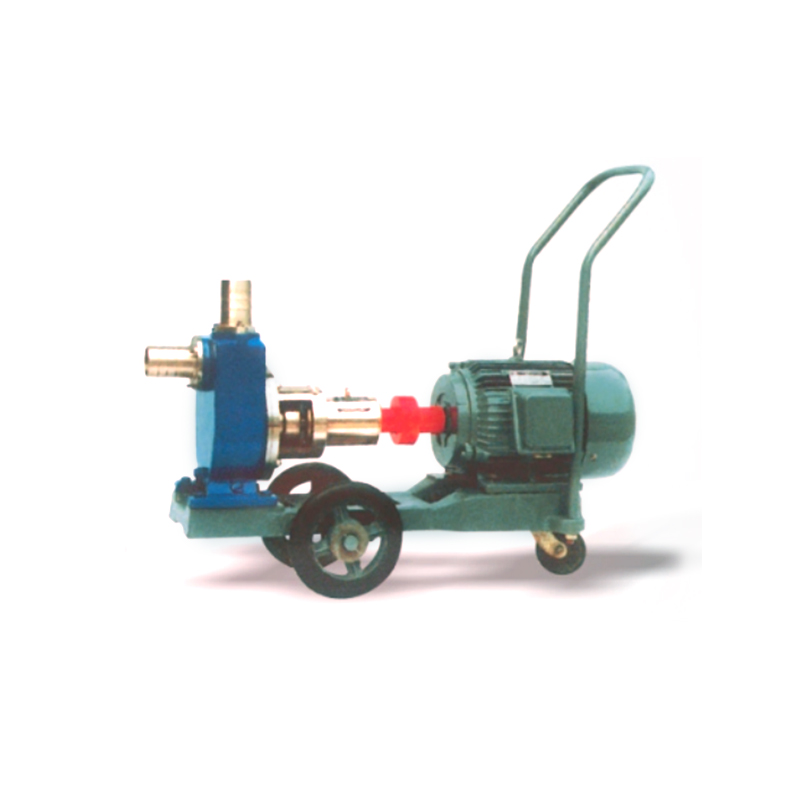
Wastewater Treatment: Efficiently pumping chemical additives and treated effluents with variable suction conditions.
Petrochemical Sector: Managing aggressive hydrocarbons and refining fluids requiring corrosion-resistant pumps.
Pulp and Paper Industry: Transferring bleaching agents, acids, and alkalis with downtime.
Advantages Over Traditional Pumps
When compared to conventional chemical pumps, stainless steel self-priming pumps offer several benefits that make them the choice in modern industrial settings:
Enhanced Durability: The stainless steel construction resists pitting, cracking, and degradation from harsh chemicals.
Reduced Downtime: Self-priming capability prevents cavitation and loss of prime, resulting in continuous operation even under challenging conditions.
Improved Safety: Leak-proof seals and robust housings reduce hazardous chemical exposure risks to personnel and environment.
Operational Flexibility: Ability to handle varying suction heights and intermittent flow without manual intervention.
Lower Total Cost of Ownership: Longer lifespan and fewer repairs translate into cost savings over time.
Recent Technological Innovations
Recent advancements have further optimized stainless steel self-priming chemical pumps:
Advanced Seal Technologies: Use of mechanical seals with chemical-resistant faces and elastomers extends service life and prevents leaks.
Hydraulic Efficiency Enhancements: Redesigned impellers and volutes reduce energy consumption while maintaining flow rates.
Modular Design: Simplifies assembly and disassembly, facilitating faster maintenance and parts replacement.
Integration with Automation: Sensors and smart controls enable real-time monitoring of pressure, flow, and temperature to optimize performance.
Surface Treatments: Passivation and electropolishing improve corrosion resistance and reduce bacterial adhesion in sanitary applications.
Market Trends and Drivers
Several factors are fueling the growth of stainless steel self-priming chemical pumps globally:
Rising Demand for Chemical Processing: The growth of pharmaceuticals, specialty chemicals, and food additives drives need for reliable pumping equipment.
Stringent Environmental Regulations: Regulations on chemical handling and spill prevention increase demand for leak-proof, corrosion-resistant pumps.
Emphasis on Energy Efficiency: Industrial operators seek pumps that reduce operational costs through lower power consumption.


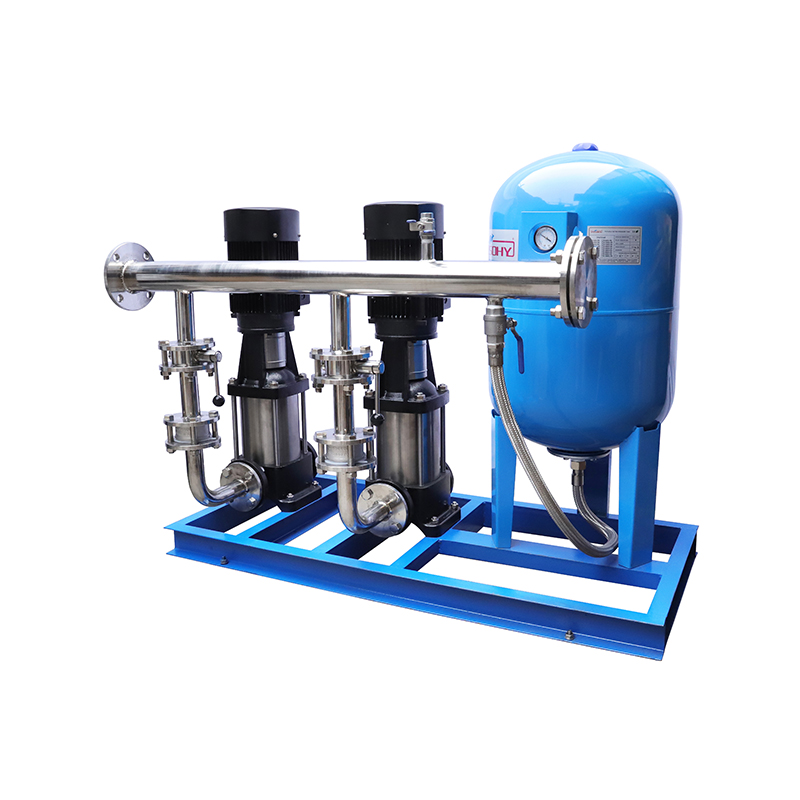
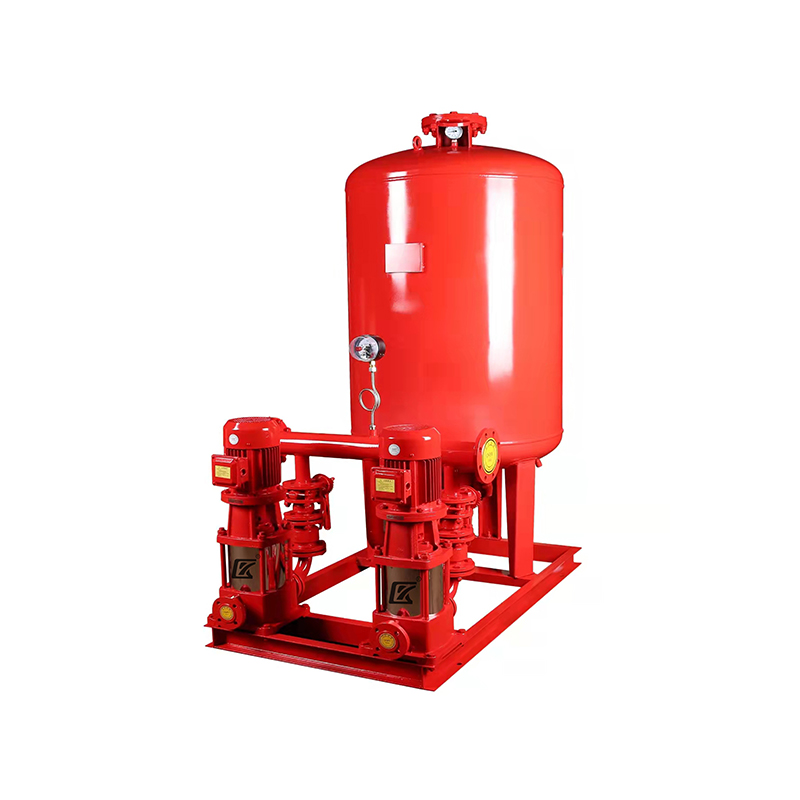
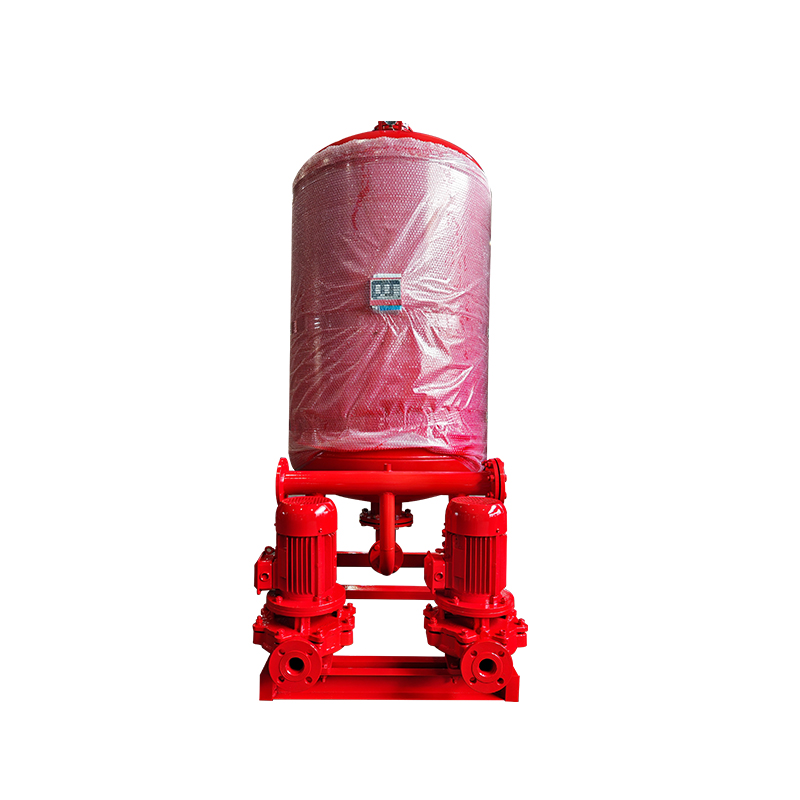

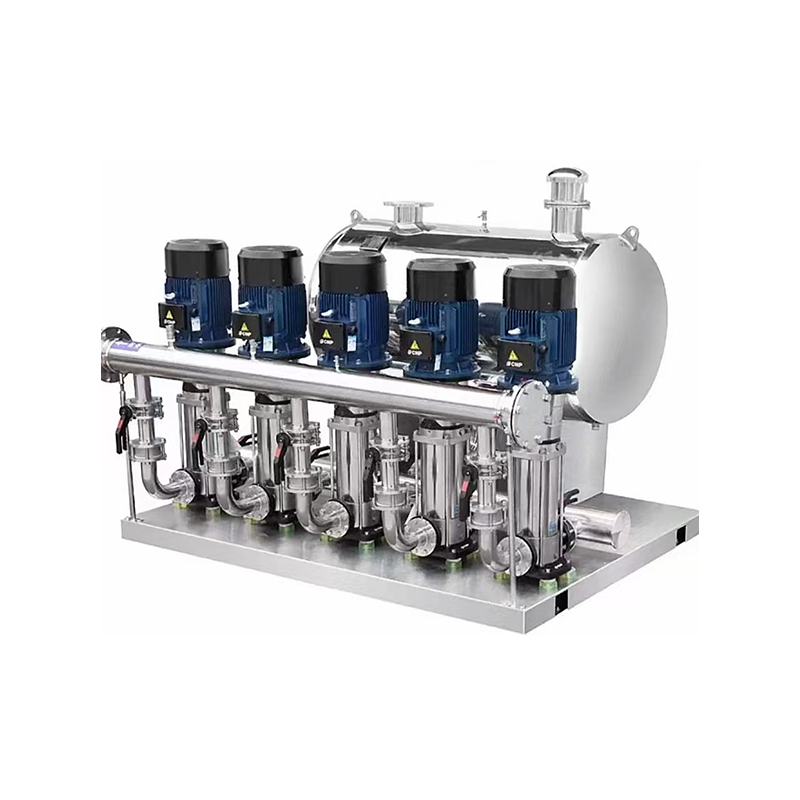
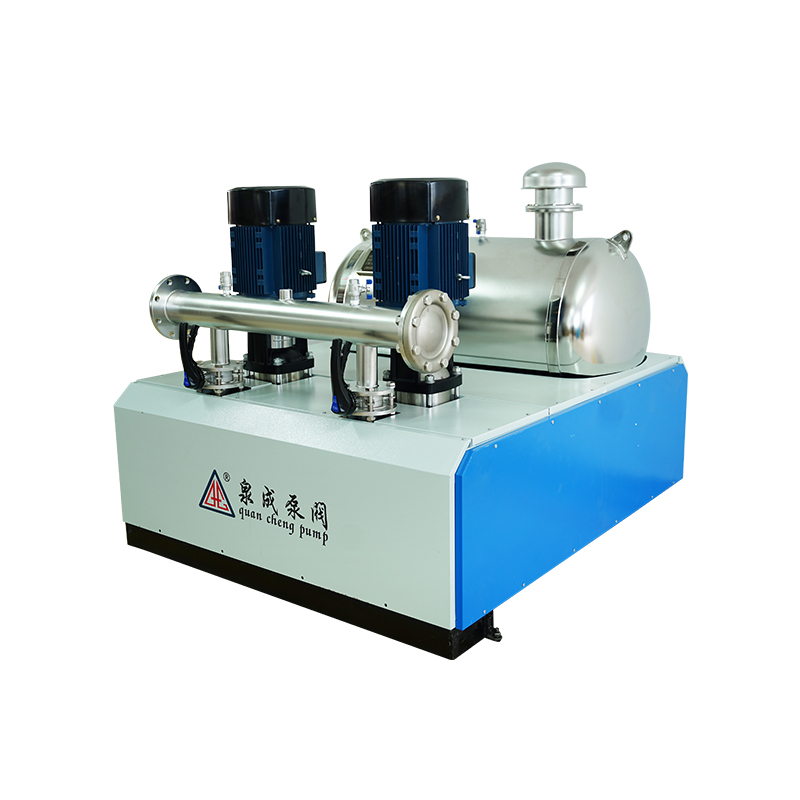
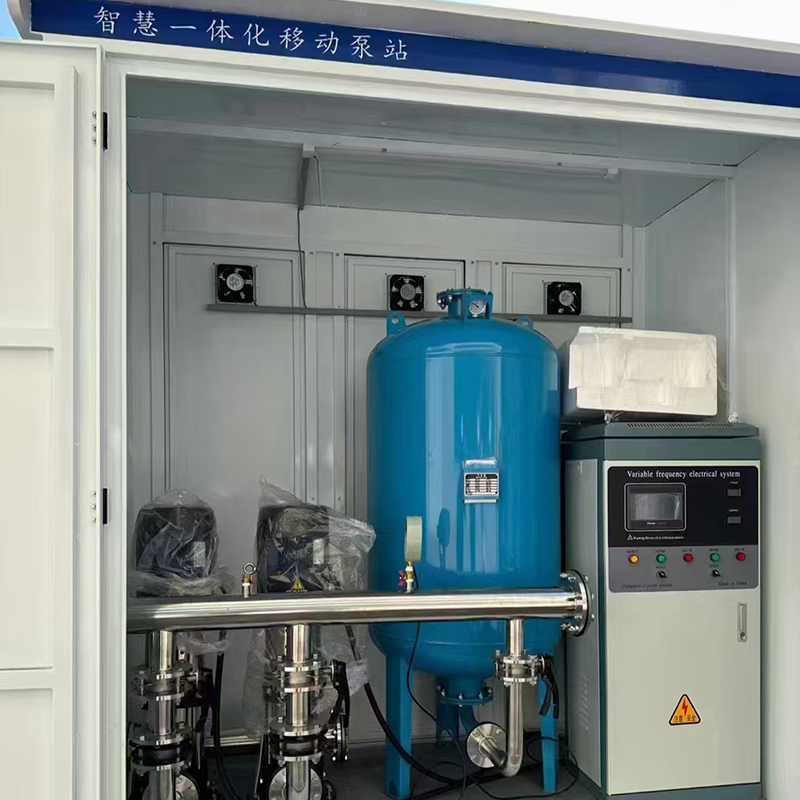
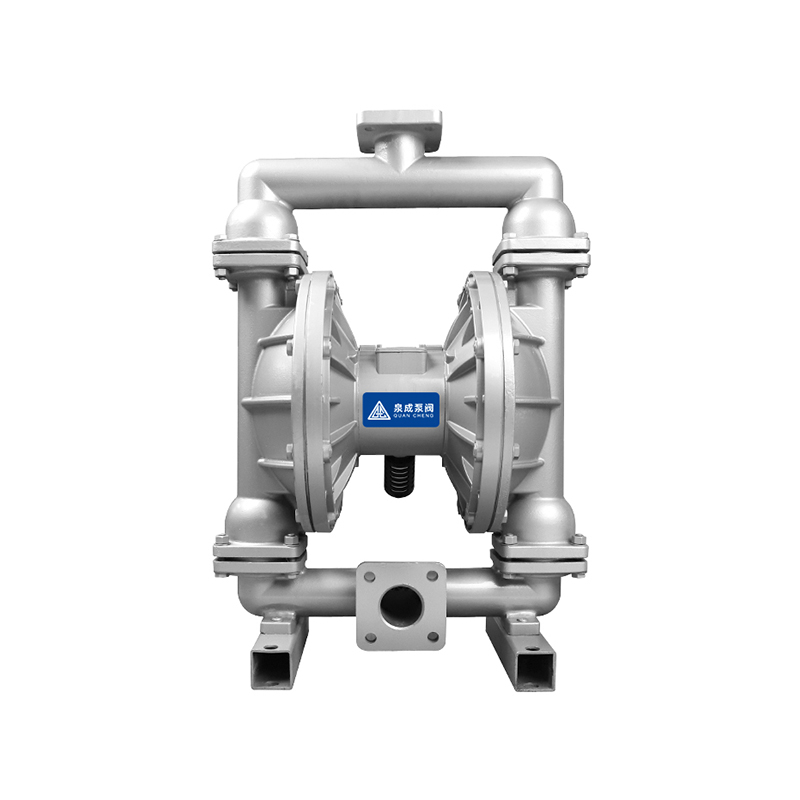
 浙公网安备33032402001888号
浙公网安备33032402001888号
